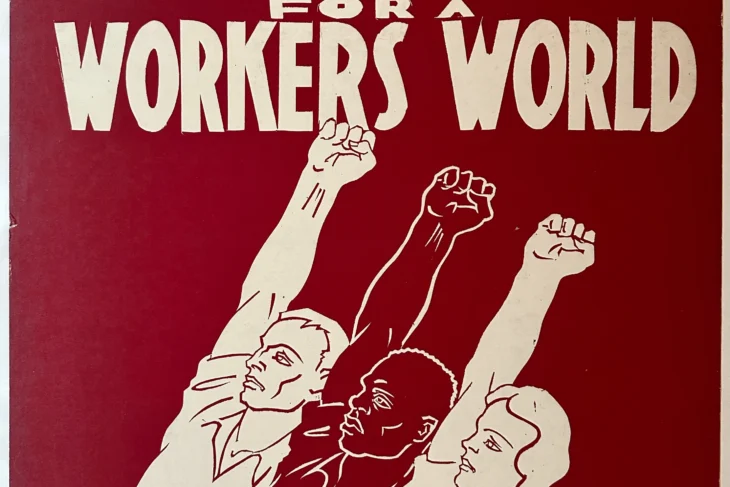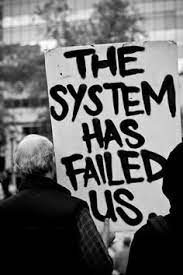
The concept of the Plantation Model was developed by a Trinidadian intellectual, Professor Lloyd Best, over five decades ago, in which he argued that regional development cannot follow the classical theory of development without a clear and precise understanding of metropole-hinterland relations. He asserted that the structure of the global economy is predicated on the historical legacies of slavery, colonialism and mercantilism, and that the notion of the sustained growth and development of developing economies like Jamaica will always be modelled, even today, to facilitate the accumulation and expansion of external metropole economies, just like under slavery and colonialism.
Today, we observe the pattern of development influenced by technological changes, and moreso by Artificial Intelligence (AI). To begin with, the definition of AI exposes its true intent. It is said, in part, to be “a set of technologies that enable computers to perform a variety of advanced functions…” This is very good indeed, because AI has certainly improved our ability to acquire information and to be exposed to a vast repository of knowledge that has proven quite useful to us.
It is through the use of AI that I was able to set the clock in my car, found another way to tie my tie, understand the difference in the use of the terms advice and advise, when not to put a period after an abbreviated word, and when titles such as ‘chairman’, ‘managing director’, or ‘director of sales’ can be used with a common letter instead of a capital letter.
But the definition of AI does not stop there, it goes on to say that the advanced functions include “… the ability to see, understand and translate spoken language, analyze data, make recommendations and more.” I suppose the ability “to see” settles any notion that there is anything else beyond what you observe from AI, in other words, there are no alternatives to what you’re expected ‘’to see and understand.” Obviously, this would eliminate any alternative thinking to AI’s analysis of the data and recommendations made.
There is no room for consideration of one’s peculiar circumstances, or of the historical, economic and social antecedents which shaped the structures of our post-colonial societies. So after several attempts through the International Monetary Fund, the World Bank and the failed experiment of the World Trade Oorganization, AI has finally settled as the paradigm of globalism the notion that ‘’one size fits all’’.
This is certainly not something to be embraced by countries in search of a development model in a world still defined by global laissez faire, designed, as it is, to sustain, if not promote, higher levels of social and economic inequalities, feeding an ever-growing disparity between social classes.
Under the aegis of globalisation, which is the continuum from slavery through to colonialism and capitalism, the global laissez faire in the post-Cold War era has developed into a “total institution model”, much like its predecessor, the Slave Plantation system. Its support comes from peddling ideas about technology, science, morality and culture, with a hypnotic appeal to third world leaders to mimic as part of the ‘future’.
The model has skilfully wrapped up the ‘good’ with the ‘bad’, weaving into the ‘good’ of technology, elements of AIwith its insidious intent to reinforce what the Martinican-born psychiatrist and political philosopher, Franz Fanon, described as the psychopathological effects of slavery and colonialism.
In fully embracing AI,leaders and citizens of post-colonial societies would have no reason to think, to analyse, to critique or to explore alternatives. Algorithms developed in the Metropole would be handed down to us in the Hinterlands with the all too familiar, but duplicitous narrative about investment prospects and long-term growth to meet the needs of our citizens. To ‘fully embrace’ AI is to start on a path to becoming ‘fully dunce.’
The American poet and writer, Archibald McLeish once said: “What makes a man, a man is his mind, everything else we can find in a pig or a horse”, and I might add ‘enslaved Africans’.
——————————-



